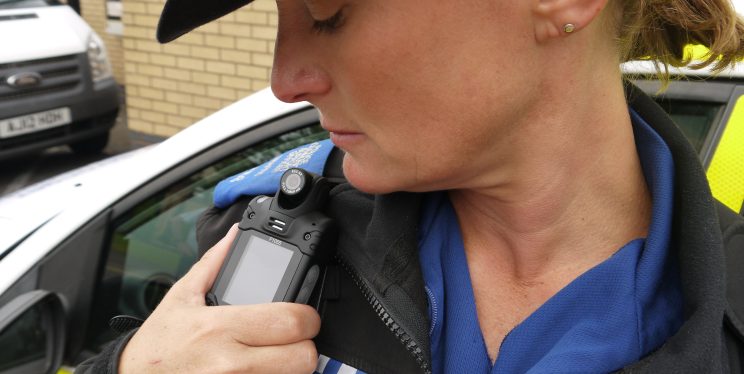Enhancing Accountability: The Role of the Independent Scrutiny of Police Powers Panel

In the realm of law enforcement, ensuring accountability and transparency is essential. One of initiatives the Office of the Police and Crime Commissioner (OPCC) employs in the pursuit of this is the Independent Scrutiny of Police Powers (ISoPP) Panel.
The ISoPP comprises of volunteers from diverse backgrounds from the local community who play a pivotal role in monitoring the use of force by the police. In this blog post, we delve into the essential functions of the ISoPP Panel and explore a compelling case study that highlights its impact.
Role of the Independent Scrutiny of Police Powers Panel
The ISoPP Panel convenes quarterly to scrutinise files and footage related to the police’s exercise of their powers. Specifically, the panel reviews instances of Taser use, stop and search procedures, body-worn video practices, and overall police use of force.
After each meeting, the panel produces a comprehensive report detailing their findings. This report is then submitted to the Police and Crime Commissioner for oversight, as well as to the police for a response. The primary aims of the ISoPP Panel include providing feedback on the use of police powers, facilitating organisational learning, and enhancing transparency regarding the safeguards associated with the deployment of such powers.
Case Study – Effective Scrutiny in Action
In the summer of 2021, the ISoPP Panel initiated a critical examination of police practices involving the seizure of mobile phones and the subsequent viewing of their content during a stop and search. The police defended this practice under Section 23 (2) (C) of the Misuse of Drugs Act 1971, prompting the panel to raise questions, after all how such legislation be applied to mobile phones when the first smart phone was not available until 1993?
Over the following quarterly meetings, the panel consistently questioned this practice asking key questions such as:
a) In what circumstances would a mobile phone constitute ‘evidence of an offence’ under this Act?
b) Once seized, are the officers empowered to ‘interrogate’ the phone and record details, regardless of the outcome of the Search?
c) Are officers obliged to explain to the detainee the justification for the seizure of the phone?
d) How does the officer record the justification for the seizure and detention of the phone?
e) Are seizure cases ‘flagged’ in some way to facilitate scrutiny?
f) If the Stop Search is not under Section 23, is it the case that there is no power to seize or detain?
g) If the search is after a vehicle stop, is there any power to seize or detain a phone?
In response to the ISoPP Panel’s scrutiny, the police announced at the October 2022 meeting that officers would cease interrogating phones at the roadside during stop and searches under Section 23. Instead, such interrogations would only occur following the phone’s seizure as evidence, typically post-arrest. The Avon and Somerset Police expressed gratitude to the ISoPP for raising the issue, acknowledging the impact on human rights, and actively decided to pause the application of Section 23 in this manner.
This is an example of the tangible impact of the panel’s ability to create positive changes to police practices, helping to shape a fair and just policing environment.
